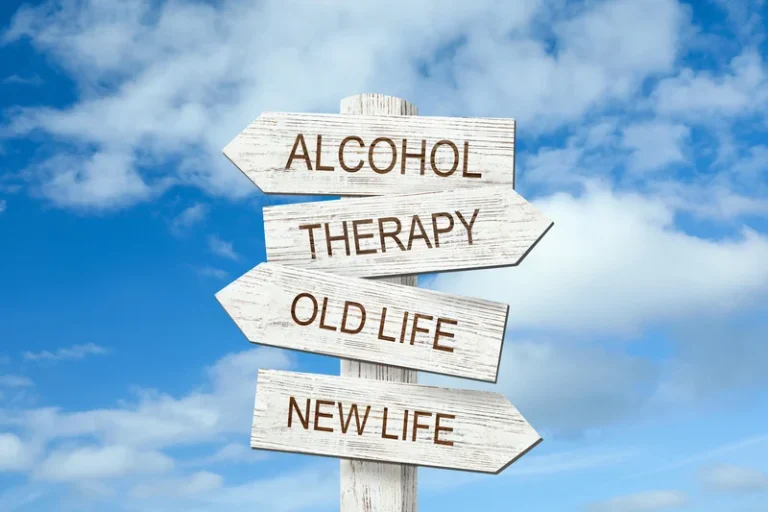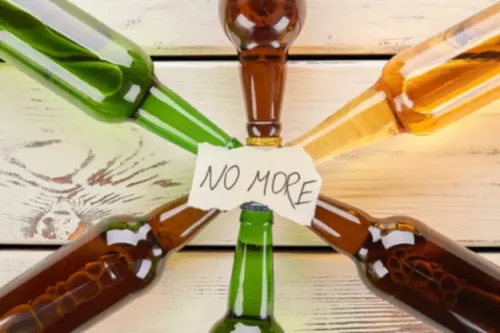
People looking to quit drinking may consider either tapering or going cold turkey, meaning they abruptly stop all alcohol consumption without weaning. However, tapering can be dangerous if you have severe AUD, leading to uncomfortable withdrawal symptoms. If you start noticing these symptoms, contact a medical professional how to taper off alcohol immediately. If you’ve been drinking for a long time, tapering off can cause withdrawal symptoms. Getting professional help can mitigate harmful withdrawal symptoms and ensure success. Cutting back or completely stopping alcohol consumption is challenging, even if you are not at the point of addiction.
Avoid temptation
“For patients who are left with cirrhosis after severe injury to the liver from alcohol, even one drink of alcohol is toxic to the liver,” cautions Dr. Lindenmeyer. If you’re simply looking to speak to someone on the phone or chat online for more advice on your own or someone else’s drinking, get in touch with Drinkchat or Drinkline. If you or a loved one are struggling with alcohol or other drugs, call us now to speak with a Recovery Advocate. Reducing the amount of the chosen substance consumed daily is known as a direct taper, but it may not be effective for everyone. It is only advisable to direct taper if the preferred drink is beer with a low alcohol percentage.
- Early symptoms include headache, sweating, tremors, vomiting and difficulty concentrating.
- Studies have shown that 13–71% of people undergoing alcohol detox develop withdrawal symptoms.
- It’s a 10-question screening test that gives you research-backed, personalized advice for quitting or reducing your intake of alcohol.
- Dr. Streem says that if your goal is to stop drinking altogether, you’re more likely to have success quitting all at once, rather than weaning off alcohol.
- If you’ve been drinking regularly for a long time, you may need to speak to a doctor before you stop drinking.
- This excessive glutamate level can lead to alcohol withdrawal symptoms, which can be dangerous.
Reach out and get support

Yes, your tolerance to alcohol can diminish fairly quickly after you stop drinking. Relapse after a period of sobriety can be dangerous because your tolerance has gone down. If you drink the same amount you were used to during active addiction, you may experience extreme intoxication or alcohol poisoning.
Drugs & Supplements
Tapering can be an excellent way to prevent harmful withdrawal effects after ceasing alcohol intake. If you struggle to stop drinking, avoid places and situations that tempt you to drink alcohol. You may even ask your friends and family not to drink while around you. If you have a severe level of addiction or dependency, you may need a detox program. Talk to a medical professional to find the best detox option for you. Alcohol withdrawal can range from very mild symptoms to a severe form, known as delirium tremens.
Health Categories to Explore
If you properly taper your alcohol use, you’re less likely to experience alcohol withdrawal symptoms. Gradually reducing the amount of alcohol you drink can help give your body the time it needs to adjust to the lack of alcohol. This method works best with gradual reduction, as alcohol withdrawal symptoms can start within 12–24 hours after stopping drinking. Generally, alcohol-free days are better towards the end of a gradual reduction, not towards the beginning. Your doctor can determine if tapering alcohol is safe for your unique situation and help you create a plan to quit drinking alcohol. When someone stops drinking, they must decide whether to quit “cold turkey” or taper their alcohol use.

Why Alcohol Withdrawal Occurs

However, you may experience withdrawal symptoms or relapse if you’re not tapering correctly and safely. If you’ve been drinking for a long time, you may experience withdrawal symptoms when you quit drinking. People who try tapering off alcohol won’t have the guided support of medical professionals that they would at inpatient treatment. In contrast, in-patient care can be more beneficial and less expensive in the long-term.
This method is safer than abruptly stopping alcohol consumption, especially when switching from hard liquor to beer. Drinking beer can also help maintain hydration throughout the taper. If that’s not possible, admit your desire to drink and don’t judge yourself for it. Call or text a friend and have your goals handy to remind yourself why you’ve dropped drinking. With less alcohol in your life, you’re likely to have clearer skin, better sleep, and you may see a boost in your overall mood. Someone who drinks heavily for many weeks or months is likely to develop a dependence on alcohol.
- People who try tapering off alcohol won’t have the guided support of medical professionals that they would at inpatient treatment.
- If you or someone you know is quitting alcohol and experiences seizures, DTs, hallucinations, or other major effects, seek immediate medical attention or call 911 for help.
- And even occasional binge drinking episodes can have profound effects on your liver’s health over time.
Eating nutritious food, exercising, and getting enough sleep can help reduce some withdrawal symptoms, such as mood swings. If don’t have much of an appetite, you may want to take a multivitamin or drink a beverage high in electrolytes, such as a sports drink. If you take prescription medication, continue to take it as directed. To learn about how our substance abuse treatment programs address alcohol dependence and withdrawal management, please contact us today.



